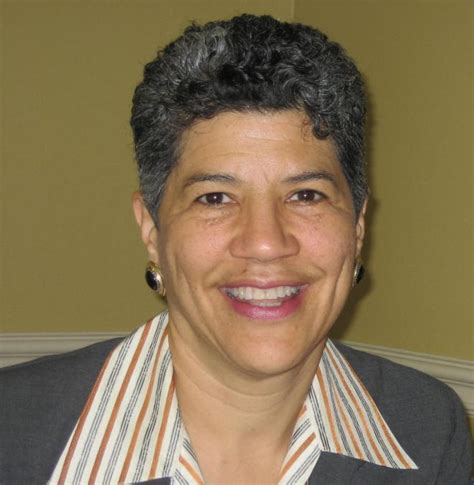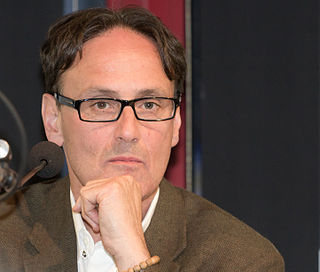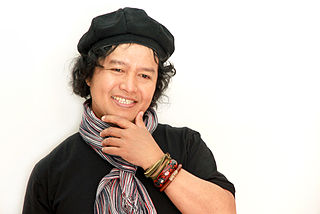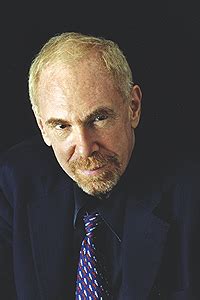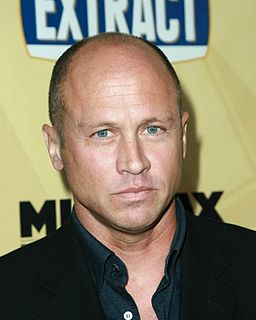A Quote by Temple Grandin
Some autistic children cannot stand the sound of certain voices. I have come across cases where teachers tell me that certain children have problems with their voice or another person's voice. This problem tends to be related to high-pitched ladies' voices.
Related Quotes
What is absolutely true is that any good [Television] series has a specific voice. And I think that voice is almost exclusively the domain of the executive producer. . . . As a staff writer you're not being called upon to be the great creative person. You're sort of called upon to understand the characters and their voices and put them through certain paces.
In the past, I've written my songs and then asked friends if they could record the vocals. I didn't want to use my own voice, because other people have much better voices. I was hearing the music with a voice that I don't have. It was a case of pulling whatever resources I had to get the sound I wanted, but that doesn't take anything away from the authorship. They are songs written by me that sound the way I want them to sound. Whether it's my voice or someone else's doesn't make a difference to the music.
My father told me that some voices are so true they can be used as weapons, can maneuver the weather, change time. He said that a voice that powerful can walk away from the singer if it is shamed. After my father left us, I learned that some voices can deceive you. There is a top layer and there is a bottom, and they don't match.
The Voice did not consider itself a conventional magazine. It took me awhile to realize that it was named The Voice for a reason. They wanted voices. At the time, good magazine stories were still believed to be written in the third person based on the false belief they were more objective. Of course some conventional stories require third person, but in the really interesting stories - the ones I got do to at The Voice and Esquire - were about subjectivity, subjectivities.








